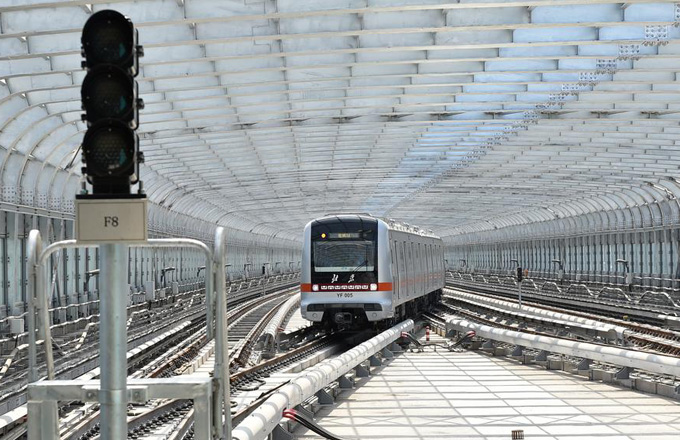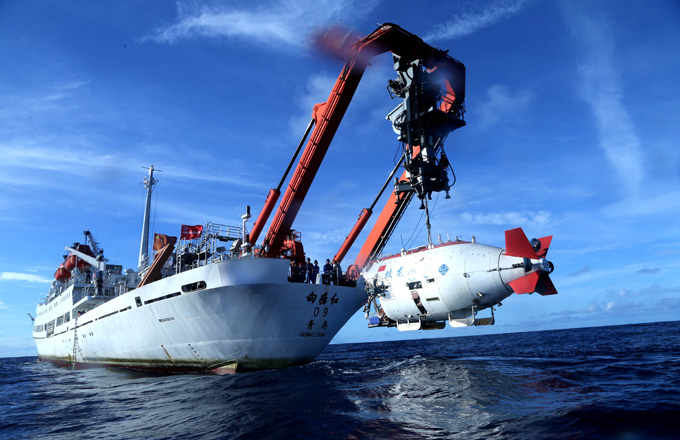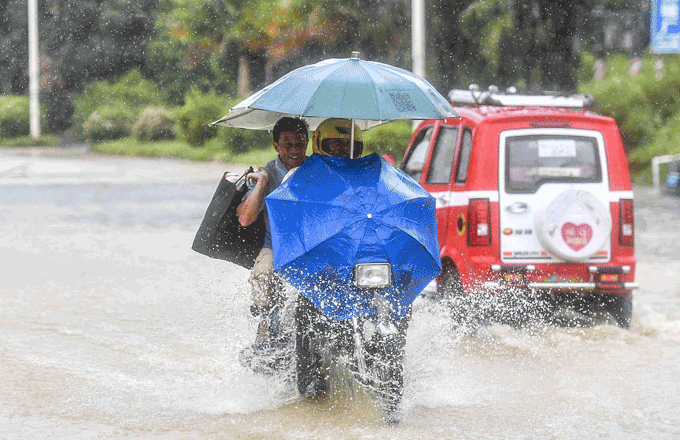China's space station to help maintain co-orbital telescope
BEIJING -- China will develop and launch a two-meter-caliber space telescope, which will share the same orbit with the country's future space station, said Yang Liwei, deputy director of China Manned Space Agency.
The telescope will dock with the co-orbital space station for refueling as well as maintenance and exchange, Yang revealed at the ongoing Global Space Exploration Conference (GLEX 2017) which began Tuesday in Beijing.
Used for large-scale, multi-color imaging and seamless spectroscope surveying, the space telescope is expected to provide observation data for astronomical and physical studies, said Yang, who is also China's first astronaut.
China will launch the core module of the country's manned space station in 2019 as the first step in completing the country's first space outpost.
The station, expected to begin operation by 2022 and orbit for at least 10 years, will be composed of three modules: core module, experiment module I and experiment module II. Each module will weigh more than 20 tonnes and together the three will be structured in a T shape, with the core module in the middle and an experiment module on each side.
The three modules will be equipped with advanced multipurpose facilities for scientific experiments in many fields, including space life science and biotechnology, microgravity fluid physics and combustion, and material science in space, Yang said.
With the International Space Station set to retire in 2024, the Chinese space station will offer a promising alternative, and China will be the only country with a permanent space station.
The station, orbiting 340 to 450 kilometers above the Earth's surface, will usually accommodate three crew members, with a maximum crew capacity up to six during rotations, Yang said.
The crew will be transported to the station by Shenzhou spaceships, and airtight cargo, large extravehicular payloads and experiment platform will be delivered by cargo ships, he said.
China sent its first cargo spacecraft Tianzhou-1 into space in April. Cargo ships will be sent to help maintain a space station.



















